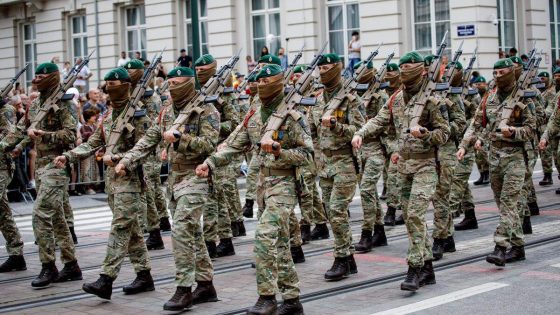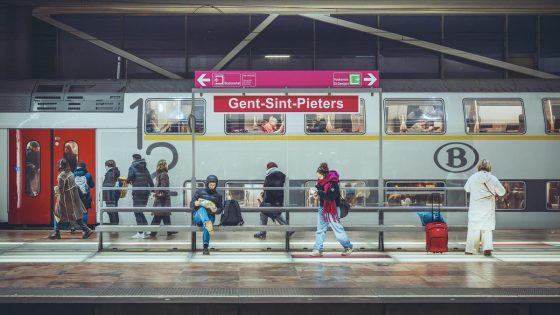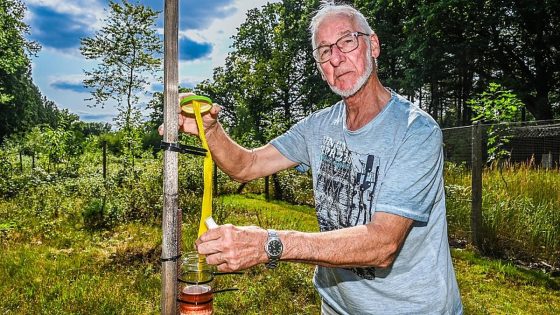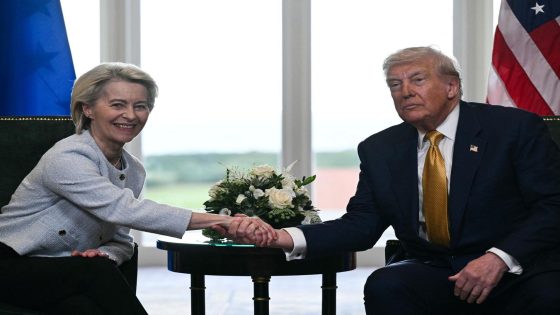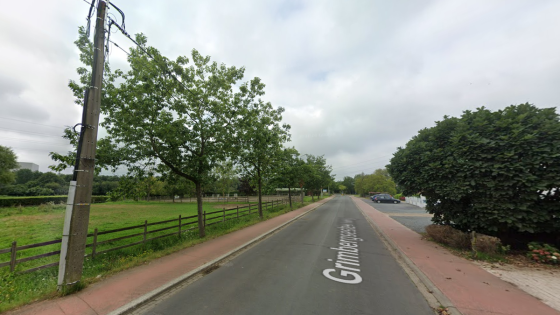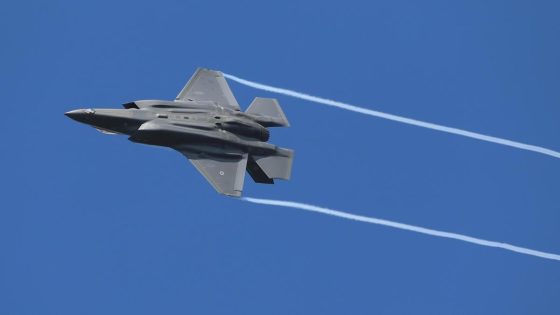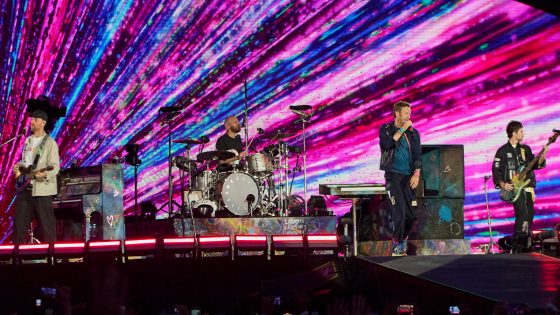Belgian Defence Minister Theo Francken has introduced a new security measure for soldiers participating in the national day parade. Starting 2025-07-15 15:57:00, most Belgian military personnel will be required to wear face-covering buffs during the event, similar to those used by special forces.
- Minister Francken introduceert gezichtsbeschermende buff voor militairen
- Maatregel beschermt tegen gezichtsherkenning en AI
- Militaire vakbond noemt maatregel overdreven en paranoïde
- Buffs werden eerder gedragen bij herdenkingen en reizen
- Koninklijke familie blijft ongemaskerd tijdens defilé
- Feest in Warandepark biedt keuze tot maskering
This decision aims to protect soldiers from facial recognition and artificial intelligence threats, as the parade is extensively filmed. The measure reflects growing concerns about cyber threats targeting Belgian troops.
While the royal family will remain unmasked, this move has sparked debate among military unions and personnel. What does this mean for Belgium’s national celebrations and security? Let’s explore the implications.
Is this protective measure justified or an overreaction? Critics argue it may be excessive, questioning whether Belgium’s military truly faces such high-level cyber risks. Supporters emphasize the evolving nature of warfare and intelligence gathering. Key points include:
- The measure is based on advice from military intelligence to prevent identification via AI-driven facial recognition.
- Special forces have long used buffs, but extending this to all soldiers is new and controversial.
- Military unions express concerns about the necessity and impact on morale.
- Similar measures were seen recently during ceremonies abroad, indicating a broader security trend.
As Belgium moves forward, will this approach become standard for military appearances, or will adjustments be made based on feedback? The balance between security and tradition remains delicate, inviting ongoing public and military dialogue.



